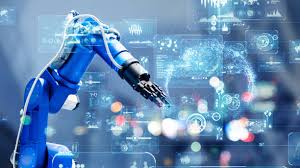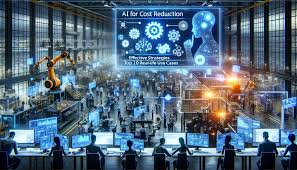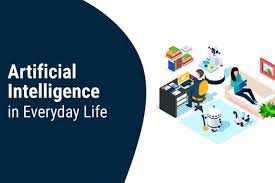
The healthcare industry is one of the most promising areas for AI innovation. With the ability to analyze vast amounts of medical data, AI is enabling healthcare professionals to make more accurate diagnoses, predict disease outbreaks, and develop personalized treatment plans.
- Predictive Analytics: AI algorithms can analyze patient data to predict potential health risks, enabling early interventions. For example, AI-driven tools like IBM Watson are being used for cancer diagnosis and treatment planning.
- Telemedicine and Virtual Health Assistants: AI-powered virtual assistants are making healthcare more accessible. These systems can provide real-time consultations, monitor patient health, and even automate administrative tasks, freeing up medical professionals to focus on patient care.
- Drug Discovery: AI is accelerating drug development by identifying patterns in clinical trial data and predicting how different compounds will interact with the human body. This is drastically shortening the time required to bring new drugs to market.
2. AI in Manufacturing: Enhancing Efficiency and Productivity
In manufacturing, AI is helping companies optimize operations, reduce costs, and increase production efficiency. With AI-driven automation and predictive maintenance, manufacturers are better equipped to meet the growing demand for speed and precision.
- Automation and Robotics: AI-powered robots are transforming factory floors by performing repetitive tasks such as assembly, packaging, and quality control with high precision and speed. This reduces human error and improves overall efficiency.
- Predictive Maintenance: AI can predict equipment failures before they occur by analyzing sensor data from machines. This proactive maintenance approach minimizes downtime and reduces repair costs.
- Supply Chain Optimization: AI tools are improving supply chain management by analyzing data patterns, forecasting demand, and optimizing inventory. This helps businesses minimize costs while ensuring timely delivery.

